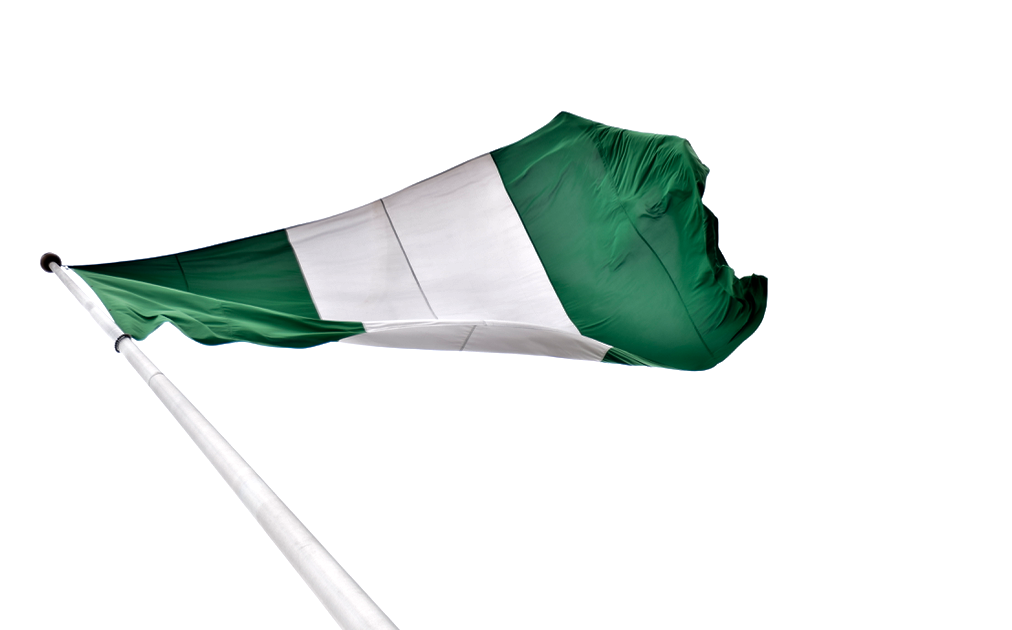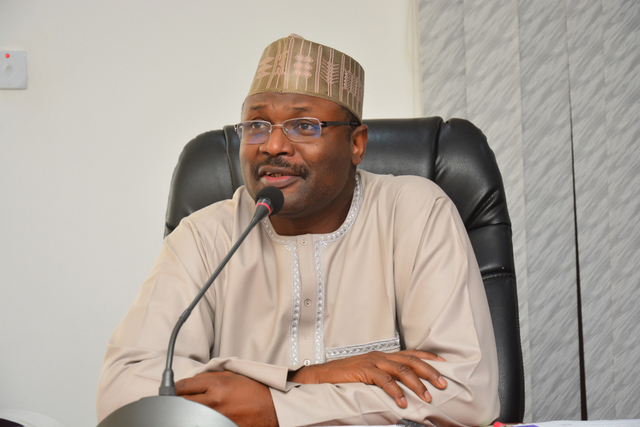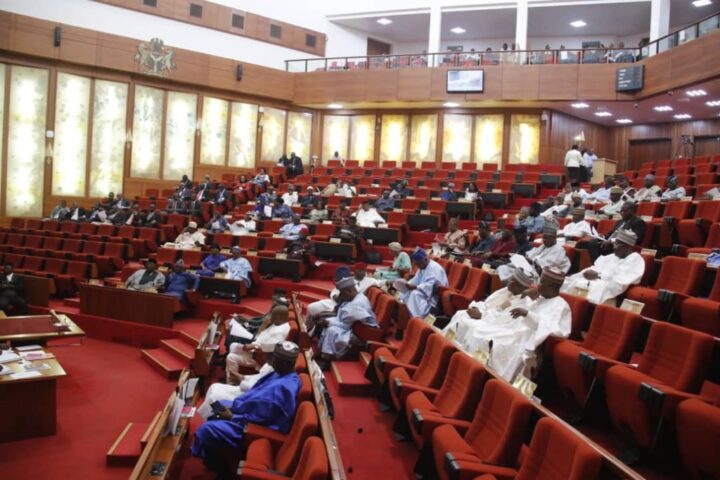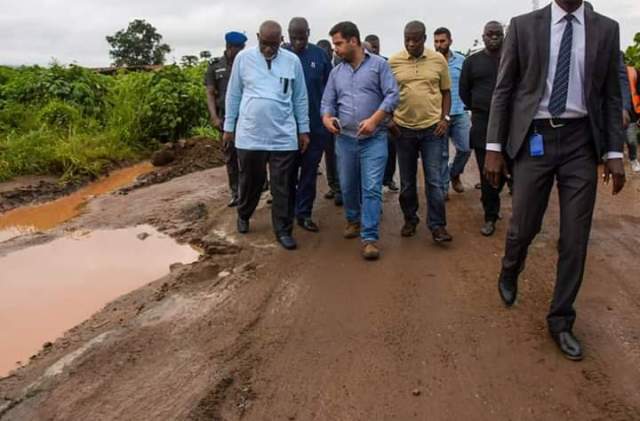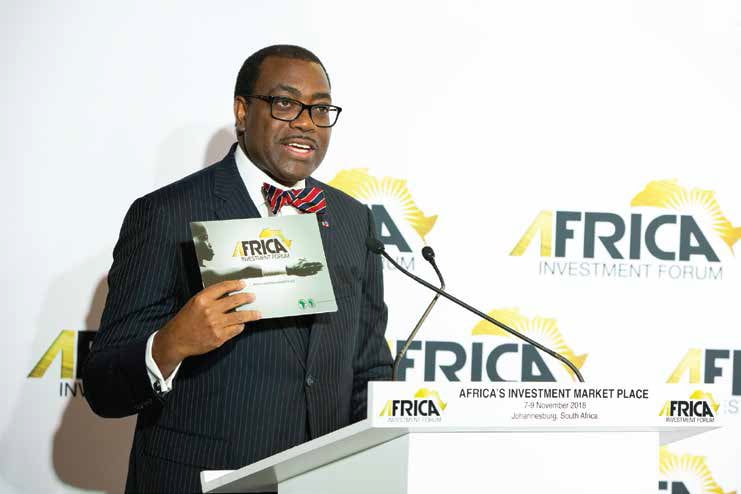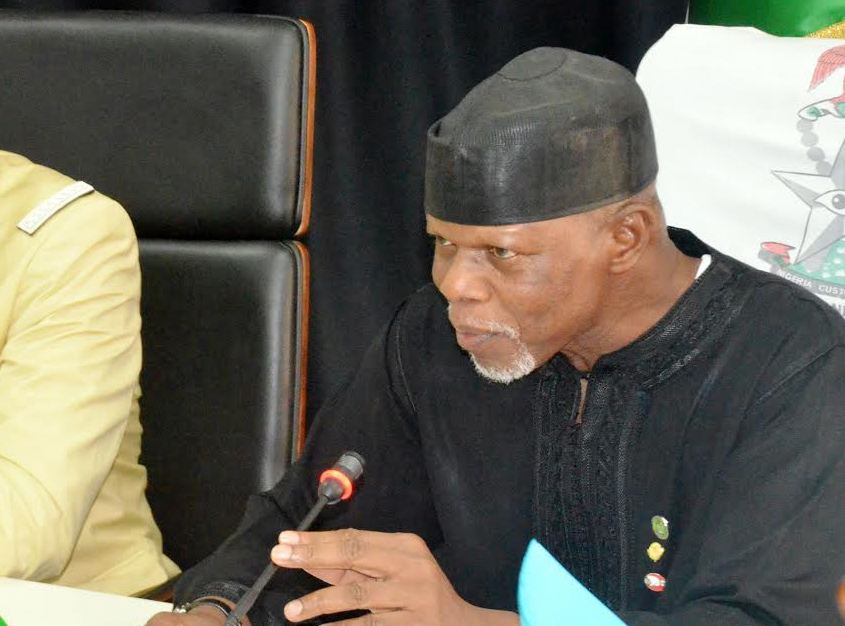This is confession time: My pessimism about Nigeria is as huge as its expansive landscape. Like Ayi Kwei Armah’s The Beautyful Ones Are Not Yet Born, I believed that the beautiful Nigerian was either not yet born, born and died prematurely or will never be born at all. My experiential encounters with the Nigerian did not help matters. You meet countrymen who give you the impression that you could not find a good man in Nigeria. In virtually all sectors of the economy, distressing news is the order of the day. The politician is a mess, the journalist is a mess, the banker is a mess, the lecturer is a mess, the pastor is a mess, the Imam is a mess; and so on and so ad infinitum. So where is the good Nigerian? Is he buried in the womb of time or is he yet to unfurl?
This acute pessimism that there was ever a good man to be found in this landscape was reflective in virtually all my essays. In a discourse with a friend who is a professor of political science a few weeks ago, he said that, as messed up as Nigeria is, she could not be isolated from global socio-historical trend; that there was always a spark that would ignite redemption; that the very sparse good persons in Nigeria could be the sparkle for redemption. I didn’t believe him a jot. Wherever I went, I crusaded the barrenness of redemptive possibility for Nigeria. An occurrence that tinkered with this narrative happened a few days. I will dwell on it presently.
I carried this crusade even outside this shore. My refrain was, Nigeria is a messed up country. Exactly eight days ago, my friend and host in Atlanta, Georgia, the very amiable Romanus Agbojeyin and I had gone to Alabama. We had been driven by a fellow Nigerian who had been residing in the country for almost three decades now. Sashed by the cold weather, in contrast to the very clement weather in our own country, the man kept asking me what was the way out of the Nigerian mess. Forget, Nigeria is a messed up country, I refrained repeatedly.
We had gone inside one village in Alabama called Cragford. Four of them had paid for a cow and got a white farmer to kill it, skewer the body into pieces and share the meat into four equal places. The Nigerians had paid about $900 for the cow. I saw an ordered society of immense proportion. Good network of roads, water and electricity, even in the villages, a contented people and a society that brooks no compromise of its laws. The white farmer, with equipment on the farm, just brought out the cow, shot it, smoked out the furs, washed it, cut the entrails and finished the whole exercise in about an hour. His children and even their wives live on the farm. They are contented. Why can’t Nigerians also have this level of contentment?, my friends asked. Forget, Nigeria is a messed up country, I replied.
Advertisement
The friend of mine who had spent decades in America must have regretted meeting me. We departed with me sowing a quantum of sour grapes into the vineyard of his mind. He wanted to bring some telecommunication innovations into Nigeria, he said. He is engrafted in the process and is known for his expertise, he told me. I laughed rambunctiously. Can you pay bribes to government rats? Can you put up with the sabotage of the Nigerian, your proposed workers and all that? Are you ready, even for the treachery of your family members? I kept on quipping. Forget, Nigeria is a messed up country, I told him. No one will tell you by the time you will scamper out of Nigeria.
Great interlocutor that this friend of mine was, he took me on a long-winding journey into the story of America; how the country that is now known as God’s own country was, some ages ago, a more messed up country than Nigeria. Today, America is now the place of refuge for millions of people who had a history of greater order than her. He told me how, as Parmenides, the Greek philosopher said, that the only constant thing is change and how you cannot step your feet into the same moving water twice. That is America. Our country defies all indices of socio-political analyses, I interjected. Forget, Nigeria is a messed up country.
So I came back home. Unfortunately for me, it was a very rough journey. The tempest and turmoil in the air was extremely troubling. The turbulence that pockmarked three of the four flights I made on the journey had succeeded in boring a very huge hole of phobia into my heart. So, my next journey to Abuja, three days after my arrival, I decided to undertake by road. I didn’t mind the about ten hours of travel. It was better than the cataclysmic prospect of being thrown into the Atlantic Ocean and being feasted upon by some audacious sharks and whales. I also chose to do the trip by public transport, tucked inside a vehicle that mirrored us as a people.
Advertisement
Inside the bus, you could hear tales of Nigerians’ encounters with the frustrations of the system and how frustrated they are. Nigerians also wished for a good country that would cater for them; that they would manifest their innate patriotism for. Long journey bus travels are veritable masses’ own parliament. They upbraid their leaders in the parliament, of course, leaving themselves out of the blame for the mess that hangs shamefully on the neck of Nigeria. They defend their talakawa folks, mock leaders who are “stealing our money” and curse them even. If the parliament is lucky to have a vociferous commuter, he instantly assumes the role of a Speaker of the Parliament. In that instance, the parliamentary procedure would be more interesting. Within this space, tiffs do occur too. Why is that man refusing to shift? Does he think he owns this place? If he was rich as he pretends, why is he here inside a public transport with us? They shouted at one another.
The second day, I went about my businesses in the Federal Capital Territory. As usual, in my mind, I began a wholesale critique of the FCT. Fake capital, I said. This is not Nigeria; this is a made-up imagery of Nigeria. Forget, Nigeria is a messed up country. Abuja pretends as if Nigeria was well, I soliloquized. How would a first-time guest of Nigeria who lands in Abuja not believe that this country was hale and hearty, whereas she stomachs within her divisiveness, mutual hatred and distrust, slums, beggars, acute poverty and all that?, I asked. I was disdainful of all the skyscrapers, the aesthetic pretension of the FCT. This was a needless fabrication!
From Bwari where I had gone to prosecute my assignment, I took a cab to the Supreme Court of Nigeria. Gigantic building, beautiful and befitting of the Nigerian judiciary, I concluded. Finishing with the assignment, I stepped out of the judicial edifice and hopped into a cab. He couldn’t take me to Bwari straight, the cabby said. So he took me to a motor park at NICON Junction area. I hopped out and joined another vehicle that was proposed to take me to Bwari. That was where I found out I was in a hot soup. My mobile phone, my totality, which contained, literally my all – was missing! I searched everywhere. No dice. I jumped out and frenetically ransacked the park for the cab driver. He had dissolved into thin air, I concluded. Forget, Nigeria is a messed up country!, my inner instinct told me.
After the dogo turenchi of my inner being, reality dawned on me. Then I began to sweat profusely. My enemies had got me, I immediately shouted. How do I begin to gather all that I had on the phone… the interviews for my upcoming book, and all that? Unfortunately for me, I had earlier switched off the phone due to its dwindling battery power. So, crestfallen, believing that I had been given the bitter end of the cigarette to suck, I went back to Gwari, concluded my assignment and went back to my hotel. I was calling the number repeatedly. Still, no dice. I slept and had a nightmare. It was as if I had lost my life.
Advertisement
The next day was a Friday. By that time, I had called my lost number for about fifty times. It kept on echoing that refrain, “Sorry, the number you have called is switched off.” At each refrain, a bead of sweats cascaded from my brows, hit the bridge of my nose and dejectedly landed on the floor. By about noon, I had for that day called my number about twenty times. So, this particular call came to my second mobile phone. It was from a friend of mine. He had called my number and the person on the other end, a Hausa man’s voice, was saying some things he couldn’t decipher. His alarm, he confessed to me later, was that “our friends” had invited me to their office for a chat. Not yet, I told him. So I jumped off where I sat and called the number. Truly, the voice was Hausa. I told him that I owned the phone and that I would want to retrieve it. He said I should come to the NICON junction area, the car park beside it. I drove with a friend to the park and met him. Lo and behold, my phone was waiting for me. He was all laughter as he read anxiety on my face. I hugged him.
At that point, a very cheeky voice from within me crept out. Forget, Nigeria is a messed up country? It asked in a very condescending manner. Stupid little thought, get thee behind me! I thundered. Forget, Nigeria is a messed up country? it said again impudently. Then, I got really sobered, clad by a sobriety that a little rascal gets when his mother finds out he had contracted a venereal disease. The Nigeria where this young man lives cannot be a totally messed up country, a counter voice replied the impudent little voice. And the man who rescued me from my pangs was Hausa, not Yoruba, not Igbo. Was the equation saying anything about ethnic tolerance? The young man could have fled with my life, the phone. He stood the chance of selling the mobile phone for an amount he could not make from his cab driving job, in more than a month of toil. He was miserably clad, with a pair of semi-bathroom slippers. He wasn’t literate. I doubted if he had taken his breakfast. I looked at him with unbelievable wonderment, as if he was a cow blowing saxophone. The one that got me bewildered most was that he refused to collect my appreciation token. He merely saw me off to the car and waved me bye.
As I was being driven out of the FCT, I was thoroughly ashamed of myself. How could I write Nigeria off this unconscionably? How could I fling the blanket on Nigeria this unfeelingly? If Nigeria was thoroughly and totally messed up as I refrained, would I have found my precious mobile phone again? In the Rwanda which I, in a previous installment, shouted its praises to high heavens, didn’t I lose my money therein and never found it again?
“Why can’t you give Nigeria a second chance?” the stubborn little thought wangled its way into my mind again; this time, the temerity of its entrance into my consciousness became embarrassing. And it has stubbornly barged into my mind like a mouse strolls on and off into the debris container, ever since.
Advertisement
Views expressed by contributors are strictly personal and not of TheCable.
Add a comment

